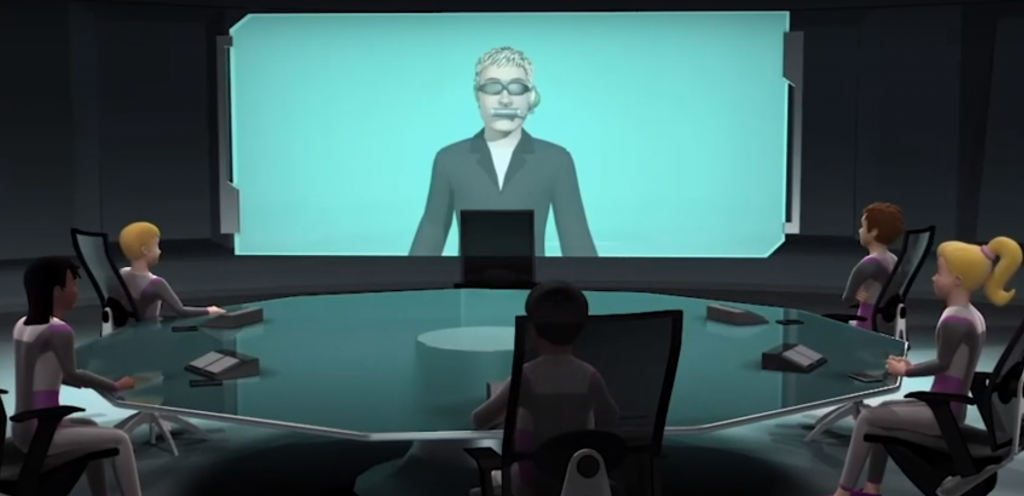
Children diagnosed with autism, ADHD or anxiety, or who are struggling with mental health can find it hard to regulate emotions and to be around other people. But what if we change the narrative? Instead of looking for a deficiency, something to be remediated, suppose we equip children with tools or Secret Superpowers to face a variety of life’s social and emotional challenges?
The Secret Agent Society is designed to appeal to children aged 8-12. It brings a gamified approach to learning where they go undercover, work as a team of Cadets, use gadgets and report back on their missions before graduating as Junior Detectives. Many of these activities occur in a virtual world supported by adult mentors and are supplemented by face-to-face group work. In this group work, children can try out and reinforce their newly acquired skills in a safe environment before taking the plunge in the playground or classroom.
Turning Children Into Special Agents
Kathleen Davey is Chief Executive Officer and Clinical Psychologist at Social Science Translated (SST). I met Kathleen at the recent TES SEND show in Islington and asked her how the programme works. She said, ‘Secret Agent Society (SAS) has created a comprehensive set of resources ready for teachers and clinicians to do what they do best: to work with children and families and tailor experiences in the moment to meet their individualised goals and needs.’
At SST, they take evidence-based research and turn it into practical resources that can be used in educational or clinical settings, along with ideas and strategies that family and friends can put into practice. Their flagship program is Secret Agent Society.